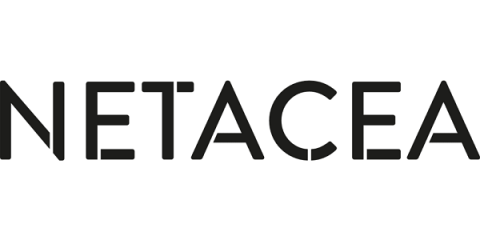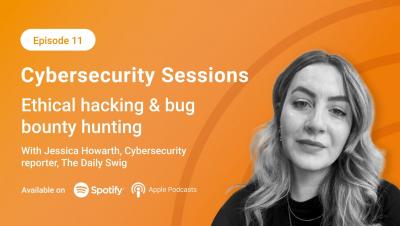Security | Threat Detection | Cyberattacks | DevSecOps | Compliance
Netacea
How to protect your business from remote work security risks
The Covid-19 pandemic caused a seismic shift in remote working practices. Before the pandemic, 34% of US employees worked remotely at least one day a week. Now, as we emerge from the pandemic, 35% of Americans work from home full-time — with a further 23% able to work remotely part-time. This equates to approximately 92 million remote workers in the US alone. But this rise in remote working is causing significant corporate cybersecurity issues.
Andy Lole joins Netacea as CTO
Is your security strategy too focused on the next SolarWinds or Log4j?
Cyber-attacks happen around the clock, far more often than can ever be reported outside of the organizations they affect. But sometimes an attack is so widespread and devastating that it sends shockwaves through the business world and even into the mainstream media. Incidents like SolarWinds and Log4j were front page news, sending organizations scrambling to patch them.
Cybersecurity Sessions podcast: My favorite moments from the first ten episodes
Almost a year ago, I took on a new challenge: Start a podcast about cybersecurity – The Cybersecurity Sessions, hosted by Netacea co-founder and CPO Andy Still. To be honest it’s not always easy finding the time to record the podcast between Andy’s more business-critical duties, but it’s a task he’s looked forward to greatly each month since last November. That’s because, like me, Andy is always seeking out new perspectives and information.
Ethical hacking & bug bounty hunting | Cybersecurity Sessions #11 with Jessica Haworth
LastPass hacked: Why you should still trust password managers
In August 2022, password management company LastPass fell victim to a cyberattack, in which hackers breached its systems and stole its source code. LastPass’s success is built around offering secure, trustworthy software, so a hack like this could be seen as a knock against the company — but it also impacts wider public trust in password management software.
The Future of Cybersecurity: How Will We Protect Ourselves in the Years to Come?
Cyberthreats are one of the most significant challenges facing society today. From illegal political influence to personal data theft, cyberattacks are already posing a huge problem for governments, businesses, and individuals. And as attacks become more sophisticated, it’s getting harder to protect ourselves online. So, what can we expect from the future of cybersecurity? Is it possible to keep up with the speed and complexity of these advancing attacks?
ReCAPTCHA 101: Is it the best way to block bots in 2022?
Bots now make up more than 43% of all internet traffic. It’s a growing problem — there are now almost twice as many bad bots as good bots. That’s why site administrators use programs like reCAPTCHA to block bots from accessing their websites, apps, and APIs. Bots aren’t a new problem. Back in 1950, Alan Turing created the Turing Test: a game designed to test a program’s ability to pass as a human.
How to reduce alert overload in cybersecurity
Cyberattacks cost businesses trillions of dollars every year in lost productivity, lost business, and legal penalties. So companies try to solve the problem by signing up for as many WAFs, NIDS, and bolt-on bot bundlers as they think they need. But while these systems can help stop cyberattacks, they also cause another problem: alert overload. Alert overload happens when your security team is inundated with notifications about possible threats to your system.










